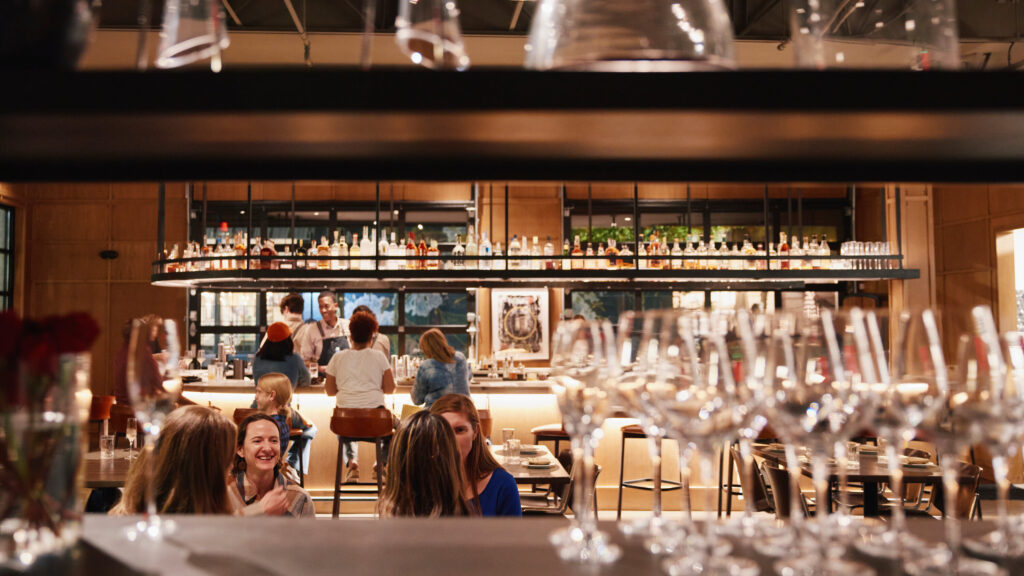U.S. alcohol consumption has seen a remarkable shift in recent years, with a significant decline that reflects changing societal attitudes and health consciousness. According to a Gallup poll published in August 2025, only 54% of U.S. adults reported consuming alcohol, marking the lowest percentage since such records began. This trend is not merely a surface-level change; it’s indicative of a broader cultural shift where Americans increasingly view even moderate drinking as detrimental to health. The data highlights a growing awareness of the potential dangers associated with alcohol, with more individuals prioritizing wellness over social drinking habits. As these statistics unfold, they invite us to explore the underlying reasons for this decline and the implications for health and society at large.
Changing Trends in U.S. Alcohol Consumption
The decreasing rates of U.S. alcohol consumption are intertwined with a rising cultural perception that drinking is harmful. The 2025 Gallup survey indicates a rapid decrease from past years, where drinking rates hovered around 60%. Many first-time drinkers among younger demographics are opting for sobriety or minimal consumption, reflecting a shift in values influenced by health trends and awareness of alcohol’s risks. Moreover, an additional survey found that a record 53% of Americans believe moderate drinking could even be risky for your health, indicating a generational shift in perspective.
Health Perspectives and Societal Shifts
With the rise in U.S. alcohol consumption being linked to health concerns, it’s critical to understand why Americans are more cautious about drinking. Recent studies from the Centers for Disease Control and Prevention reveal that approximately 45% of younger adults view drinking even a couple of drinks daily as harmful. This newfound awareness is driving a trend towards healthier lifestyle choices that prioritize physical well-being. Additionally, alcohol-related health issues such as liver disease and addiction are becoming more widely recognized, prompting people to reconsider their drinking habits. As fewer individuals partake in drinking, the implications for the beverage industry and social norms are profound.
📊 Key Health Insights
- Health Risks: Increased awareness of alcohol-related health issues.
- Cultural Influence: Shifting societal norms surrounding drinking.
The Influence of Younger Generations
Younger generations are leading the decline in U.S. alcohol consumption. Many young adults, particularly those in the Gen Z demographic, are significantly reducing their alcohol intake in favor of healthier alternatives. Social media and influencers are increasingly promoting sober lifestyles, which resonates with this cohort’s psychological and physical health priorities. As this cultural shift continues to gain momentum, the alcohol industry may need to adapt by offering non-alcoholic beverages and creating inclusive environments that support sober individuals. This evolving landscape can be seen through initiatives promoting healthier lifestyle choices and increasing participation in sober events.
Key Takeaways and Final Thoughts
The information surrounding U.S. alcohol consumption indicates a downward trend that correlates with a shift in societal attitudes towards health and wellness. With a record low of 54% of adults consuming alcohol, it is evident that many are choosing wellness over social drinking norms. This changing landscape also suggests a need for the beverage industry to evolve in response to this cultural shift. Staying informed about these trends through reliable sources ensures we remain aware of ongoing changes in drinking habits and related health perceptions.
❓ Frequently Asked Questions
Why is alcohol consumption declining in the U.S.?
The decline in alcohol consumption is closely tied to increased health awareness, especially among younger people, who are recognizing the negative health implications of drinking. Many are opting for healthier lifestyle choices instead.
How do changing social norms affect drinking habits?
As societal values shift towards health and wellness, individuals are increasingly viewing moderate drinking as harmful. This change influences behaviors and encourages alternatives to social drinking.
To deepen this topic, check our detailed analyses on Public Health section







